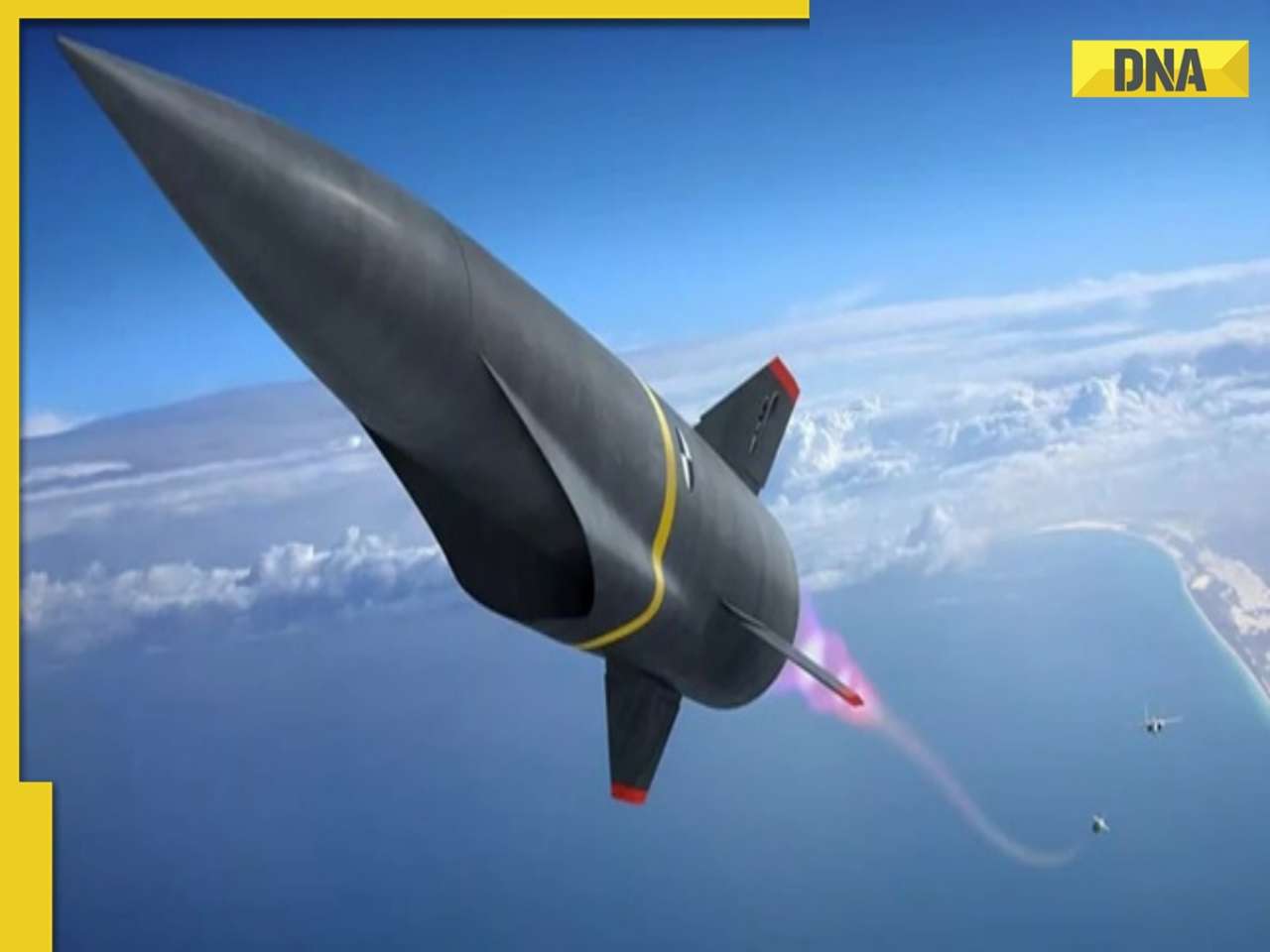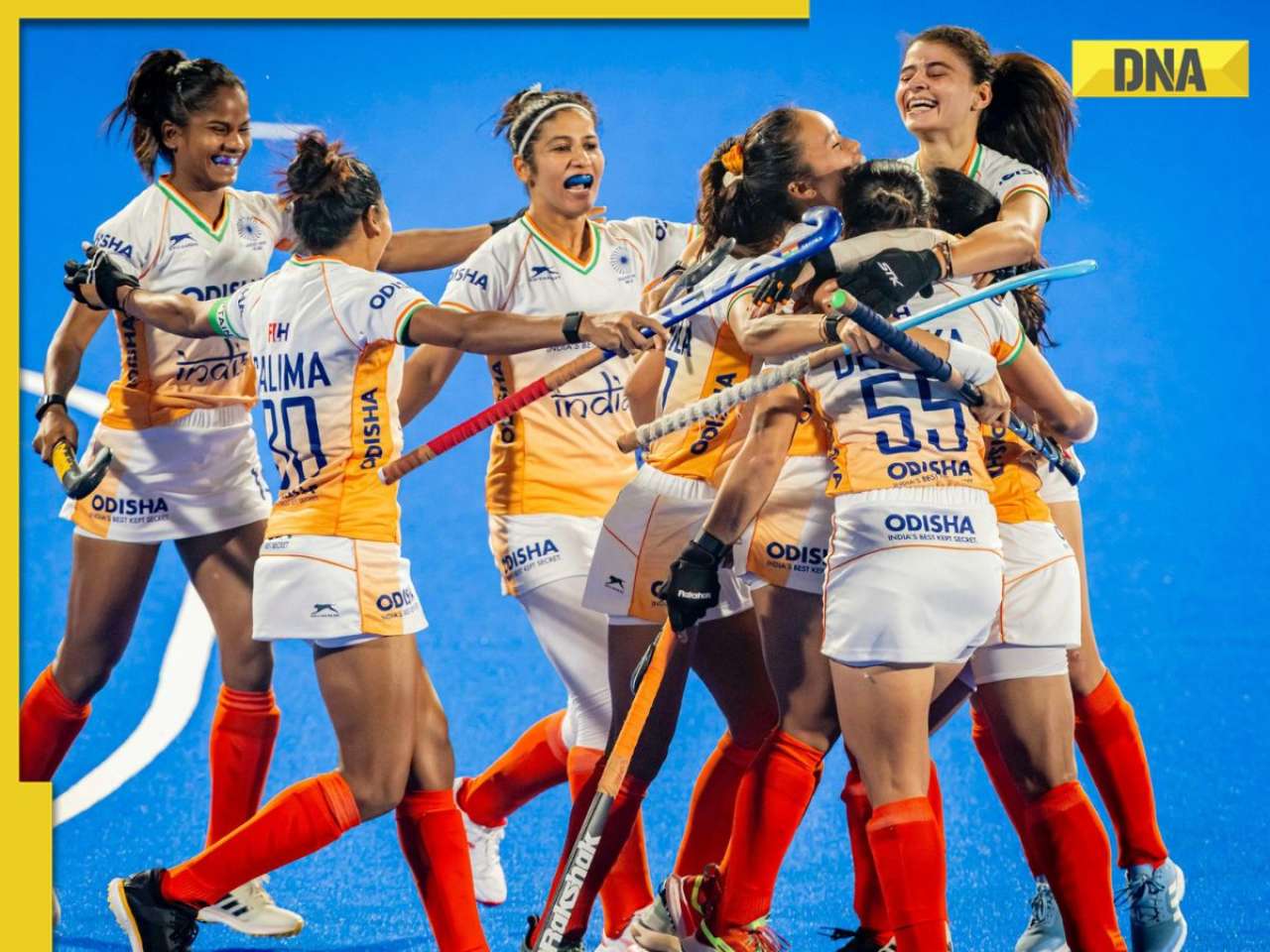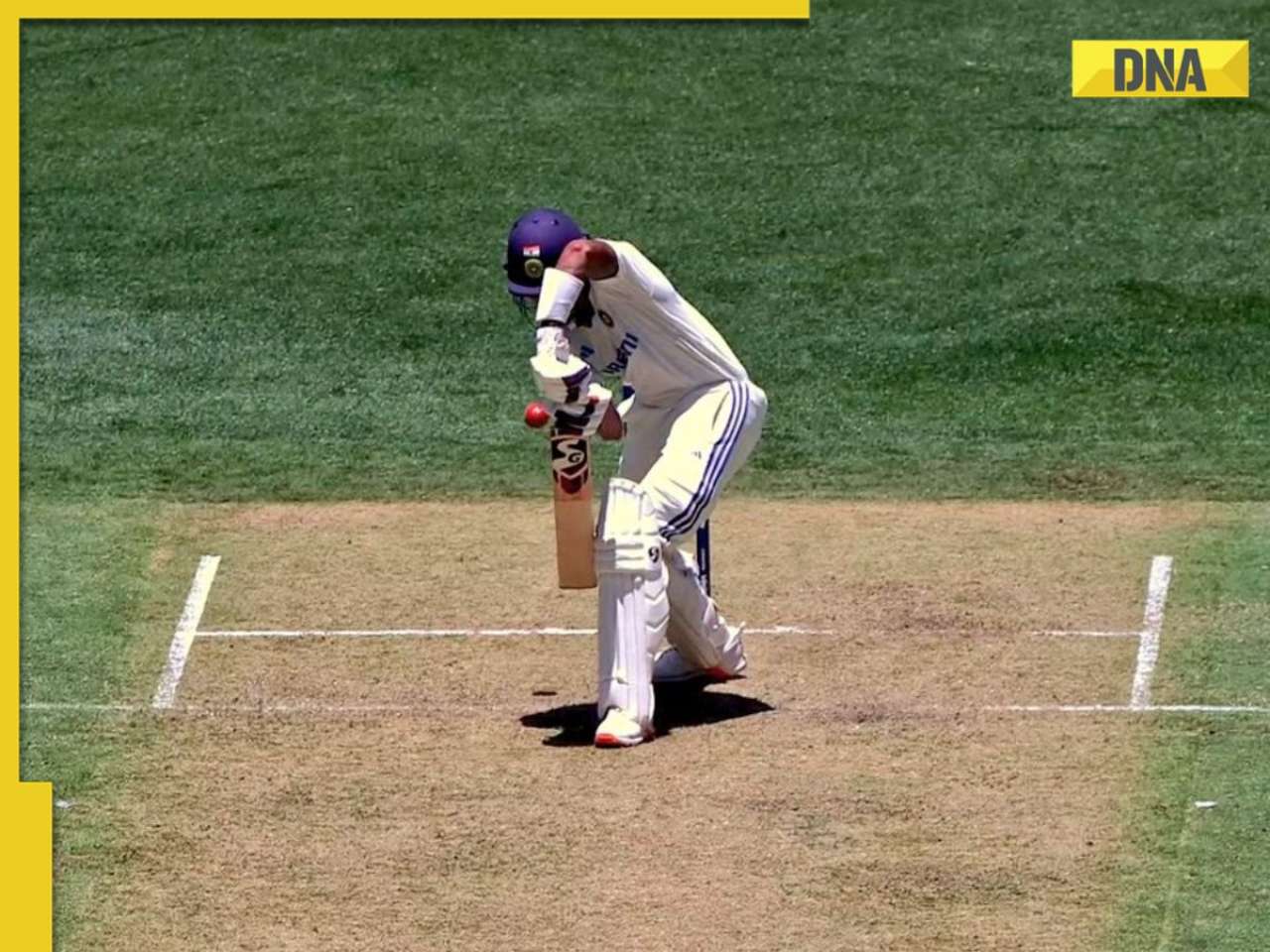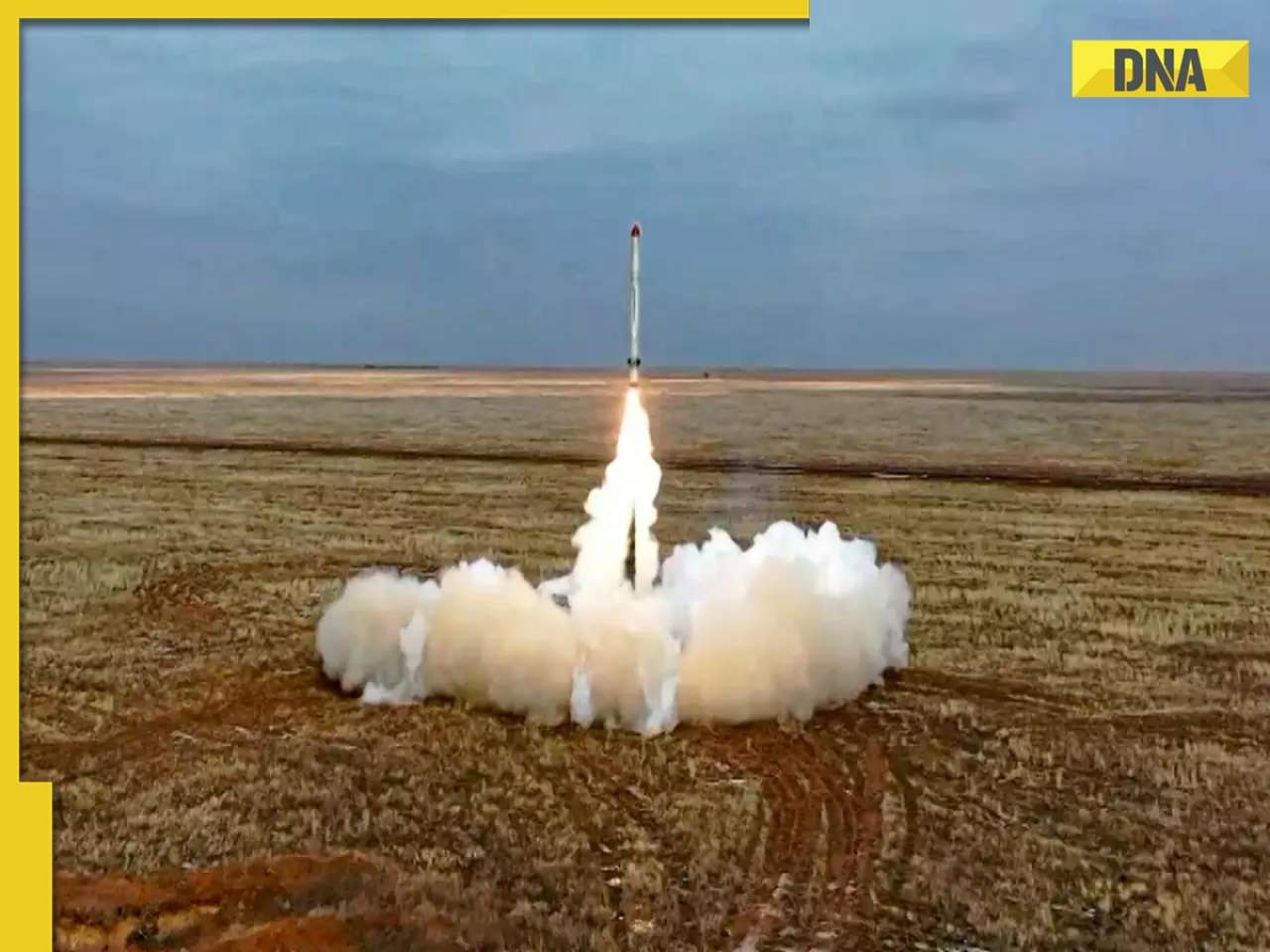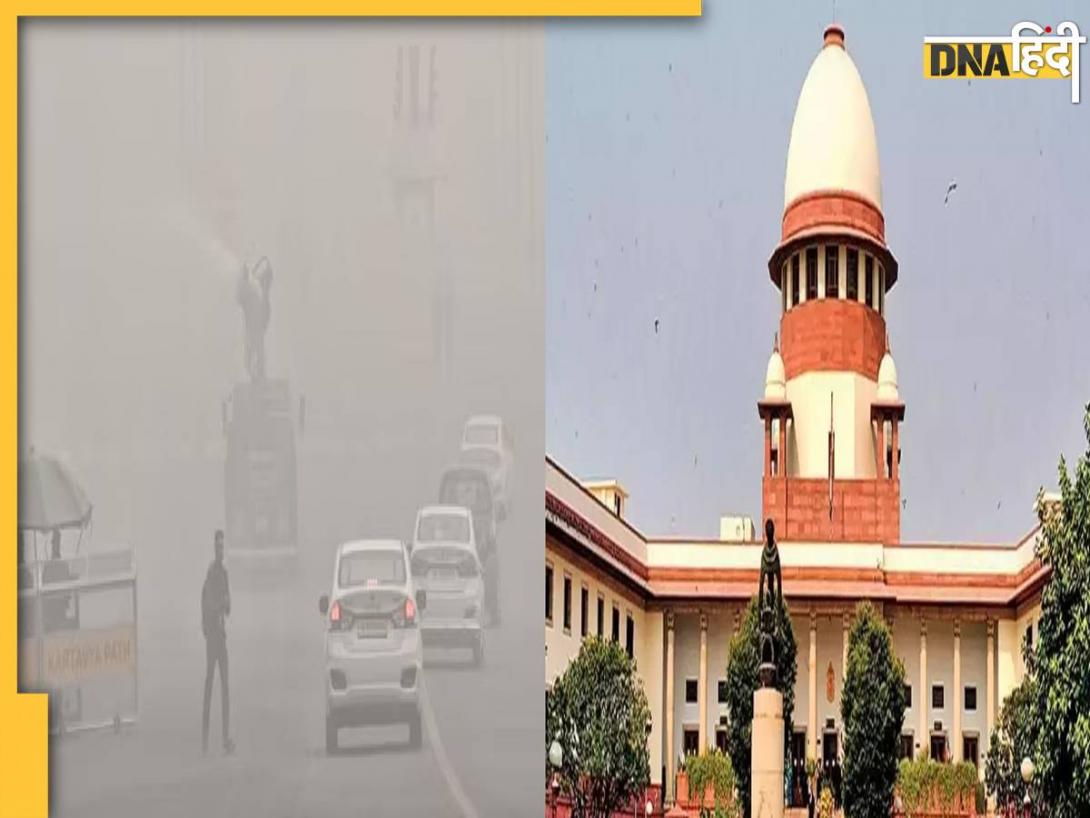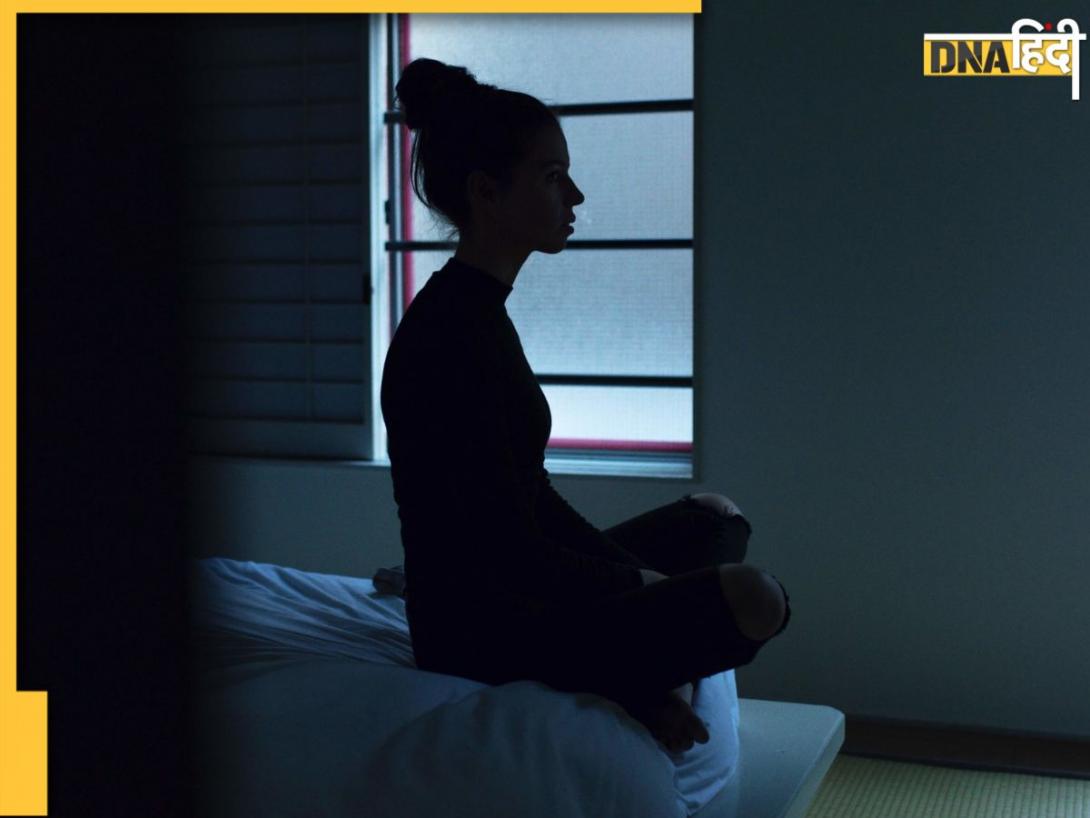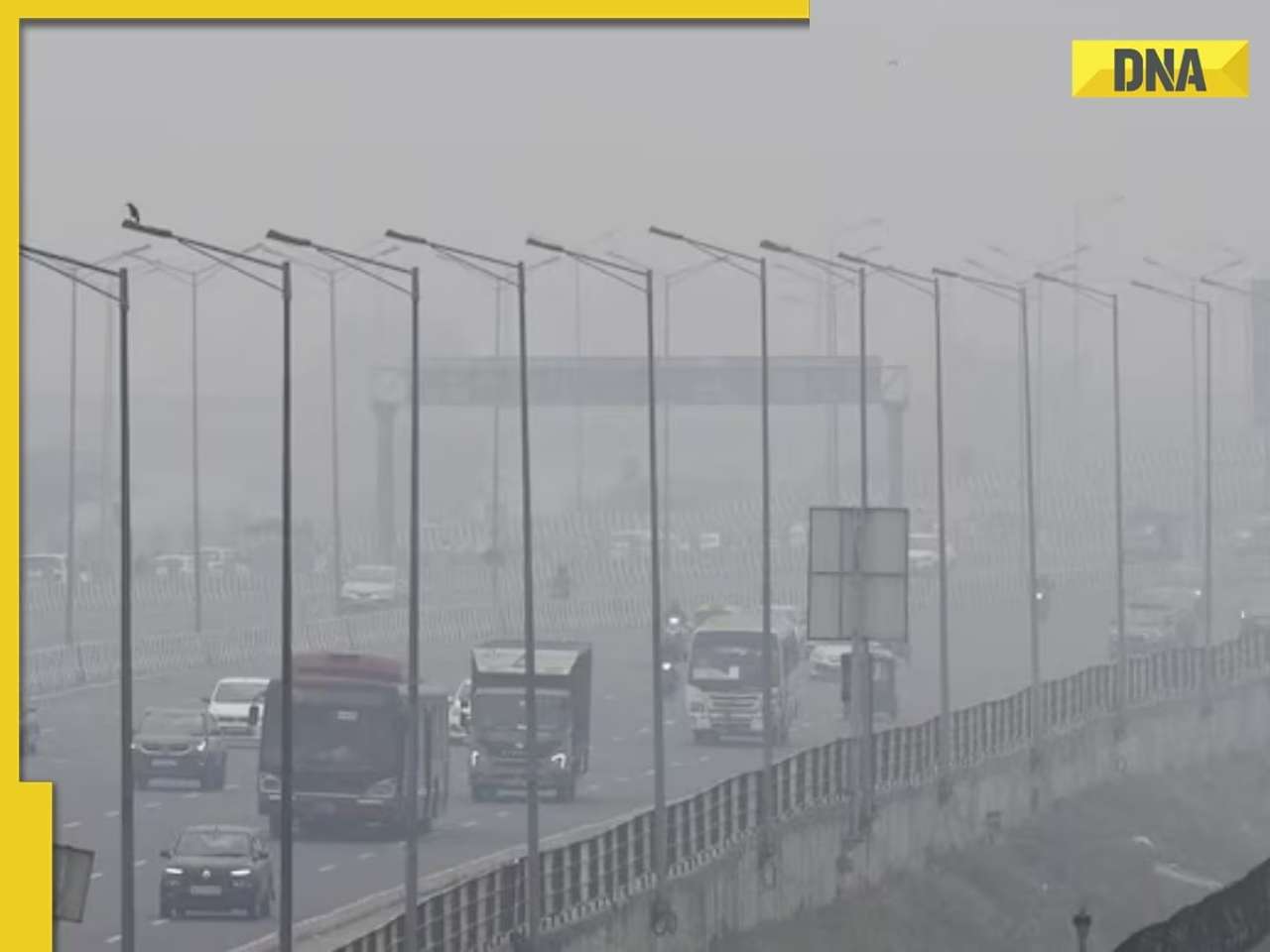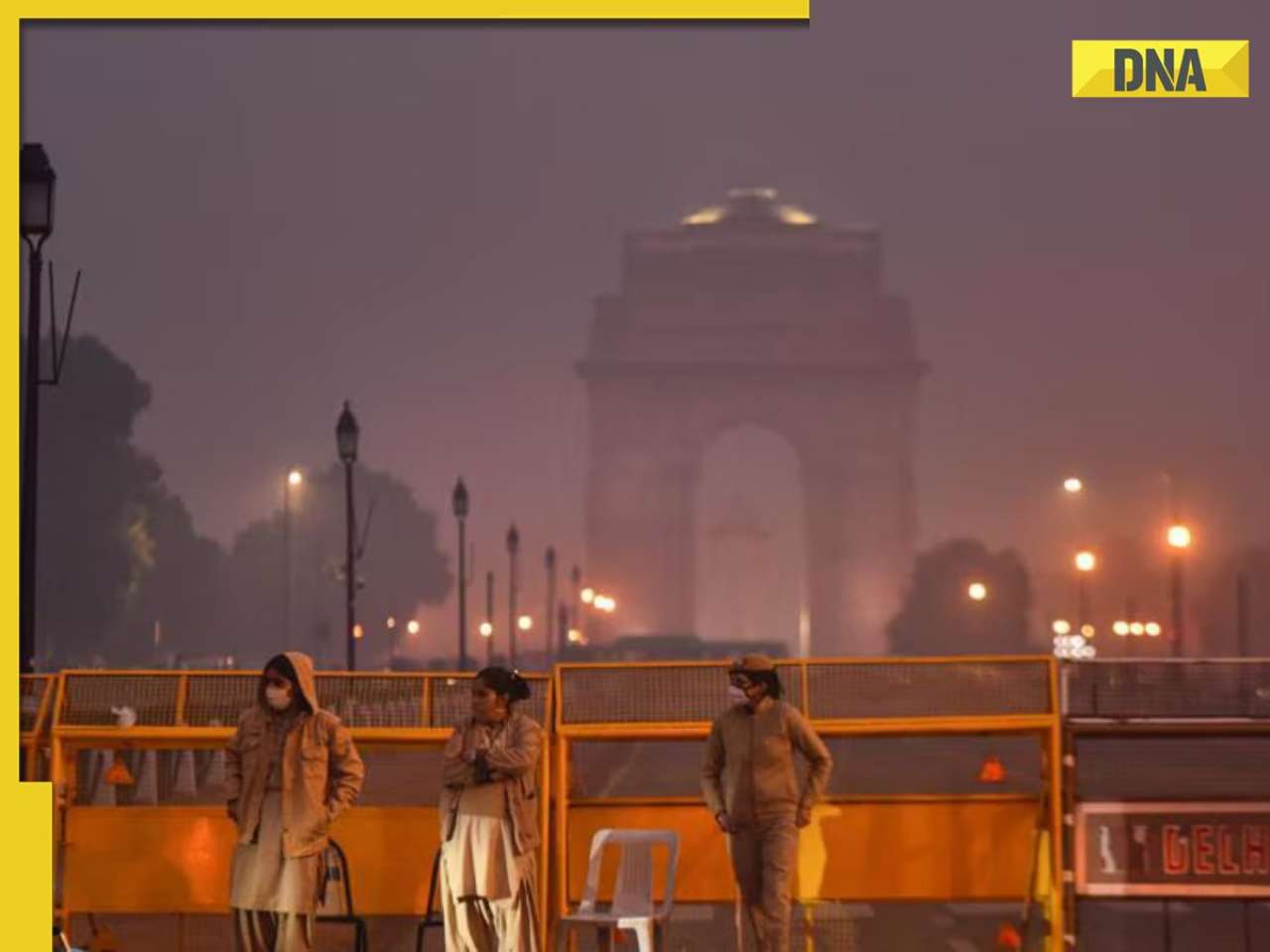- LATEST
- WEBSTORY
- TRENDING
ANALYSIS
Why is science such a difficult subject?
Dr Mayank Vahia looks at the various aspects of Science Education and understanding and says that it is taught wrong.
TRENDING NOW
I have never understood why. After all science is logical consistent and demonstrable. I mean you cannot bring the share market to school, or the government’s finance departments or farms where wheat is grown into the classroom. You certainly cannot bring into the classroom the experiences that make authors write the books that they do. You can’t bring past into the school and the Earth is simply too large and countries too far apart. Yet, studying these things is considered easier than studying science. Ask anyone, and they will tell you that it is easier to learn a language than understand science. Yet, there are no ‘authorities’ or high priests in science whose word or opinion has to be accepted uncritically and respected. And there is no way of explaining grammar of a language as anything but arbitrarily set rules that are periodically violated and changed. And yet science, which is so much more internally consistent, is considered difficult. Do students find irrationality and arbitrariness easier to accept than logic, consistence and experimental verifiable knowledge?
Yet the problem persists. Time and again students and parents tell you that their child found science ‘too difficult’ and CBSE board thinks science is so difficult that a student should not be burdened with it after class 8. By class 8 the student has learnt very little of scientific understanding of nature that underpins technology that will govern his or her later life.The youngster cannot expect to live a productive life with such little knowledge of anything nor be an informed citizen of the country. Science and its twin, technology is something on which we are now critically dependant. Yet, we are happy to remain indifferent to its subtleties and willing to indulge our children as ignorant of science as we are.
But there is no denying the problem. And it has multiple dimensions.
The first reason I believe is because we have never taught science in school. What we have taught is only the grammar of science. It is like learning English only through Wren and Martin and not reading Shakespeare or any of the great authors. It can only make the subject boring. Yet, people who set up syllabi across the world persist in this method. They assume that all students who are studying science should be readied for a career in science. They should know their equations, solve them numerically and be able to convert units correctly. The subtle aspects of the grammar have grown to be so complex that often we simply have to assume that something exists because our equations say it does! It is not always possible to create a visual image of what is happening. So budding scientists do need to be taught all the subtleties of the grammar of science and that can take 20 years. But what about those who only need basic literacy in science specialising in something else? There is far more to science than its units, dimensions and equations. There is a visualisation of nature hiding behind it that we can all appreciate.
To further alienate the students, science is often perceived as a western enterprise that is cold, full of hard facts that were discovered or invented by some great geniuses that we need to learn so that we can adapt them and use it for better living and wealth creation. Nothing could be farther from truth. The Orient – from India and China to Korea and South East Asia, have been leaders in science from the earliest periods till about a thousand years ago when these regions disintegrated into smaller kingdoms, eternally at war and with little resources or support for the enterprise of science. It then shifted to West Asia from where it eventually landed in Europe about five hundred years ago. America’s tryst with science is not even a hundred years old. So the roots of science and scientific investigation into the working of nature, is not a western enterprise. They were better at documenting it and formalising it compared to our more amorphous and poorly understood approach.
The next problem is that we do not demonstrate science to students – the classrooms are large, equipment costs money, demonstration may not always work, we do not know which experiments to perform and do not have the basic training in science demonstrations – all are standard explanations that will be dished out if you ask any educationist. But you are teaching how nature works and nature is all around you. It is not that difficult to be imaginative in experiments. If you can’t think of much, there is a lot of information on the internet that will tell you how to do this.
But the most important reason why science is difficult is far more subtle than all this. The human brain was designed primarily to eat, not be eaten, and to reproduce. In this design of our brain, all learning is ad hoc. Instinctively the brain formulates rules on how nature works that are made based on whatever information it has. After all, if you are a hunter gatherer in a jungle you cannot ‘experiment’ to check if a lion is dangerous – you won’t get a second chance to rework your apprehension of the lion. You must learn from first impressions. Hence from the time the brain first becomes conscious, it begins to experiment. If it cries, it gets food and attention – good. If there is some inconvenience, then complaining helps. If you sleep you are generally not disturbed but if you wake up, you need to make noise somehow to attract attention. From these early experiences, by the age of a few months the child begins to perform some really sophisticated experiments about not just its environment but also the way fluids flow, objects move and sound travels. By the age of 3 a child can extrapolate the movement of objects that they can no longer see. If a rolling ball disappears behind a screen, the child will know where it will come out. A child learns that when it throws something, that object travels a little distance and stops. An object more difficult to push will travel the least distance. So an infant or a child’s idea of mass is simply something difficult to push. But he or she will notice that all objects come to a halt and it requires a lot of effort to push it really far. While splashing water around in a bath, the child develops a fairly complex model of the manner in which liquids flow – they find their own level, they always need to be supported by a vessel, they can get hot or cold but still remain liquid and so on. So a preschool child already has a fairly sophisticated understanding of nature before entering a classroom. For example, it knows that all objects that are moving will stop unless you keep pushing it. Then the teacher comes to the class and says very sternly “Newton’s First Law of Motion (to be learnt by heart): A body continues to be in a state of motion or rest unless compelled by an external force” while the child knows that all objects come to halt on their own. Soon the student finds so much divergence between what the teacher said and what is the student’s experience (or perception) says that the student will soon start restricting science to science classroom and happily live the rest of the life relying on instinctive learning. While this was a good approach for a hunter gatherer, it is disaster for a science education. The fact that, in order to understand nature, science makes some simplifying assumptions is not made clear to the students.
To make matters worse, science is presented as a list of facts brought to our attention by some super genius who we can only respect. No more. The idea that science is simply formalised understanding of nature that you too can make you own hypotheses, test them, and arrive at conclusions is never communicated. You can compare them what others have concluded and study the differences (if any) between your conclusion and theirs, is an idea that occurs to no student of science. A good student of science in the school is the one who can convert units correctly, remember equations accurately and substitute correct numbers at correct places and solve the equation without making an error (and preferably in need handwriting). Science never benefited from such brilliant students. Most scientists of today were probably irreverent students who did not let a teacher (or themselves) proceed until they were satisfied that the teacher made sense. They did not treat teachers as authorities whose word was final, but those who helped you understand the broader scheme of nature. We need more of such students and not the teachers’ pets. Teachers’ pets are only puppies.
Science education therefore needs to address this problem. We need students who can ask questions and whose questions should be answered to their satisfaction and are consistent with the broader understanding of how nature works. Yet this is easier said than done. There is too much to learn and understand and no one can keep track of all aspects of working of nature – and students, unlike teachers, are not required to ask only those questions which teachers can answer. So we have a whole host of potentially good science students and scientists whose learning was stunted because they had curiosities that their teachers could not answer, even if they wanted to. We therefore need to make complex knowledge available to these teachers and students so that everyone can understand the elegant working of nature.
Unfortunately neither teachers nor our examination system worry about this.There is a very famous urban legend called the Barometer Problem associated with Neils Bohr where Bohr was asked to describe how to use a barometer (a device sensitive to the atmospheric pressure) to measure the height of a building. The standard answer is that you measure the atmospheric problem at the base of and top of the building and the difference will allow you measure the height of the building. Fed up of vomiting out this ‘standard answer’, Neils Bohr came up with several different answers including using it as a plumb line, dropping it from the top of a building, and even using it to bribe the superintendent who knew the height of the building etc. His teacher (obviously?) failed him since some of these were not answers in atmospheric physics which was the subject of the test even though they were correct in a real life situation. When confronted, Bohr admitted that he was aware of the correct answer but refused to give it since he was fed up of teachers "teaching him how to think ... rather than teaching him the structure of the subject"The matter went to appeal to the higher authorities and eventually Bohr was given credit ‘since the problem had not been properly defined’ – not for his ingenuity
Today, no one checks if the student knows a fact ‘a’ and a fact ‘b’ can he or she put ‘a’ and ‘b’ together and come to conclusion ‘c’ that, in an earlier times needed the genius of Newton to realise. The nice thing about science is that post facto, it is very simple and logical.
Somehow, somewhere we are not able to address these issues and hence what should be the simplest subject to study is considered the most difficult! As Einstein said, “The only thing that interferes with my learning is my education”. Yet, he was also driven to say that “Education is what remains after one has forgotten everything he learned in school”. There is no real substitute for formal education but that education needs to give understanding and confidence to students, not just overload them with information that should just be retained as it. A hunter gather’s brain does not work like that. It works by internalising knowledge and experience in a consistent manner. Our education should help that process.
